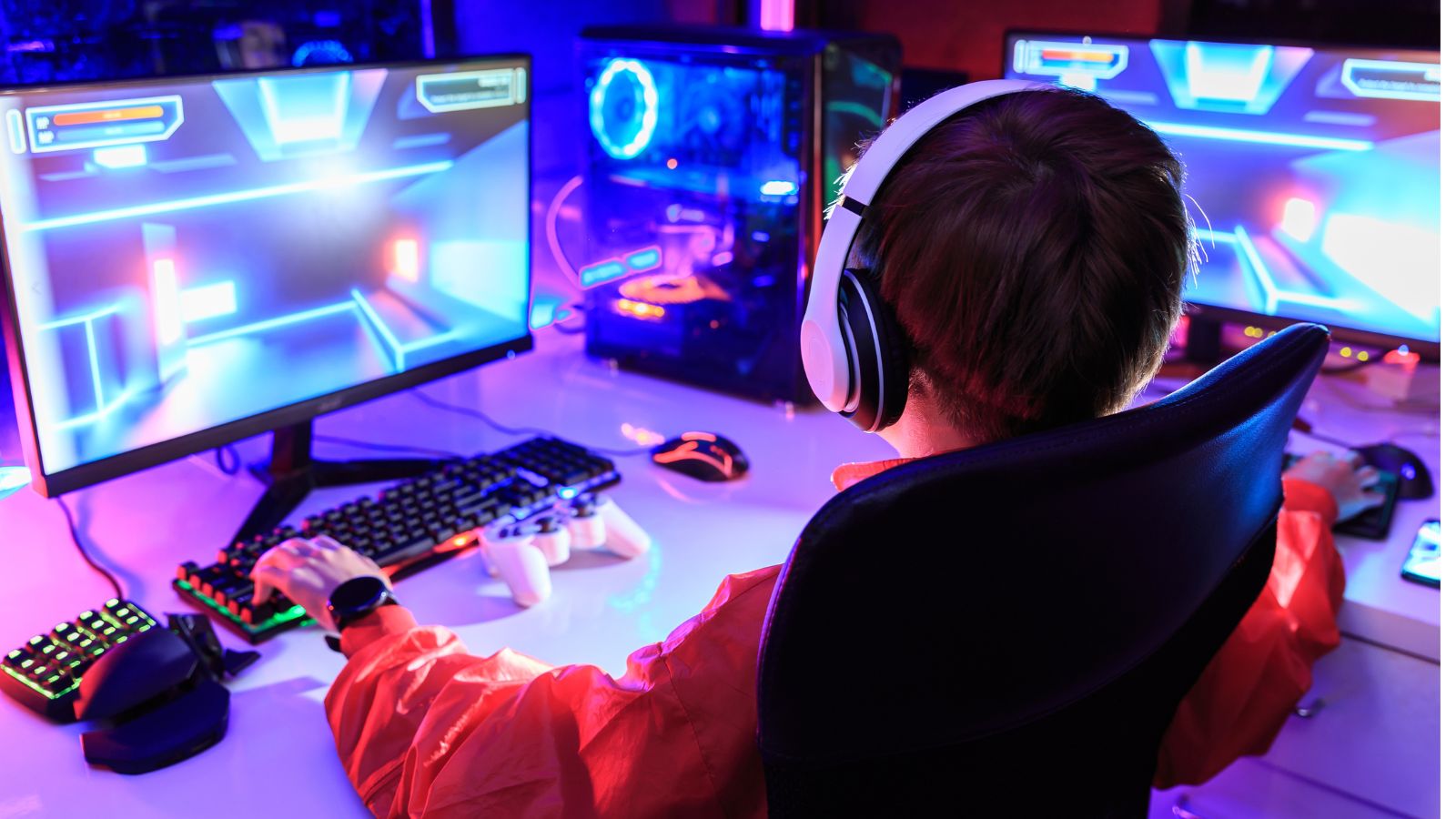The world of online gaming has evolved from casual entertainment into a deeply competitive landscape where success is neither accidental nor purely talent-based. Behind every top-ranked player, successful team, or gaming champion lies a complex interplay of skills, strategies, and approaches that consistently elevate their performance above the competition. While casual observers might attribute gaming success to fast reflexes or innate ability, a more analytical examination reveals a sophisticated combination of technical mastery, psychological fortitude, and strategic thinking that separate elite performers from the average player. This multifaceted nature of gaming excellence becomes particularly apparent when examining players who maintain success across patches, meta shifts, and even different games entirely.
Mastering Game Mechanics And Systems
To achieve success in online games, players need complete knowledge of the systems that govern each digital realm. Top online competitors spend major amounts of time educating themselves about damage calculation structures, movement physics, and time windows, as well as many additional technical elements that regular players ignore. Basic knowledge about frame data makes it possible for Street Fighter players to understand safe move connections and the moves that need punishment in fights. MOBA gamers establish exact patterns to harvest resources in ways that produce maximum efficiency rates. Competitors in FPS games need to remember weapon recoil characteristics along with training their muscles to properly control each firearm. The development of professional expertise takes focused practice rather than random match experience. Thorough game analysis by top players through recorded footage allows them to better evaluate technical aspects that require improvement instead of mindlessly repeating matches. Through personal databases that contain match interactions and situational responses, video game players create systematic decision systems that guide seemingly random gameplay.

Strategic Economic Management
Resource management separates average players from exceptional ones across virtually every competitive game genre. Whether managing an in-game economy in strategy games, optimizing character builds in RPGs, or participating in real money games that require careful bankroll management, successful players demonstrate superior resource allocation. In games like Counter-Strike, economic decisions about when to save, force-buy, or make full purchases significantly impact match outcomes. For competitive card game players in titles like Hearthstone or Magic: The Gathering Arena, resource management extends beyond the games themselves into collection building strategies that maximize competitive options while minimizing real monetary investment. The psychological aspects of economic management prove equally crucial, as maintaining discipline during losing streaks prevents emotional decisions that deplete resources. This principle applies universally, whether handling virtual currencies or participating in skill-based real money competitions where effective bankroll management systems protect players from variance while maximizing long-term profitability through calculated risk-taking.
Psychological Resilience And Mindset
The mental aspect of online gaming remains perhaps the most underappreciated success factor among casual players. Elite competitors demonstrate exceptional psychological resilience, maintaining focus during high-pressure situations while adapting to setbacks without emotional deterioration. This mental fortitude manifests through several observable behaviors: maintaining performance consistency despite negative team interactions, avoiding “tilt” after unfortunate outcomes, and sustaining concentration during extended competitive sessions. Successful players develop personalized routines that optimize their mental state before important matches, whether through physical exercise, meditation practices, or music playlists that trigger flow states. They approach improvement with growth mindsets rather than fixed mindsets, viewing losses as valuable learning opportunities rather than reflections of inherent limitations. This psychological approach extends to self-talk practices during gameplay, with top players using constructive internal dialogue rather than self-criticism. The ability to compartmentalize—separating previous match outcomes from current performance—prevents negative spirals and enables consistent decision-making across extended play sessions.
Superior Information Processing
Online gaming success depends heavily on information processing capabilities—how quickly and accurately players identify, prioritize, and respond to relevant data points. This cognitive skill manifests differently across genres but universally distinguishes elite players. In battle royale games, successful players process positional information from gunshots, vehicle sounds, and visual cues to create mental maps of enemy locations. MOBA competitors track cooldown timers for multiple abilities across ten players while monitoring objective spawns and minimap movements. Expert RTS players maintain awareness of dozens of units while implementing build orders and responding to opponent strategies. Beyond raw processing speed, successful players demonstrate superior filtering capabilities, automatically prioritizing critical information while ignoring distractions. They develop pattern recognition systems through experience, identifying situational templates that trigger appropriate responses without conscious deliberation. This information advantage compounds over matches as they gather intelligence on opponent tendencies, adjusting strategies based on observed patterns while maintaining unpredictability in their own decision-making to prevent counter-adaptation.
Community Integration And Knowledge Networks
Isolated improvement has distinct limitations in competitive online environments. The most successful players actively participate in knowledge-sharing communities, accelerating their development through collective intelligence. These networks take numerous forms: Discord servers where strategies are discussed, subreddits that analyze meta developments, YouTube channels breaking down professional gameplay, and practice groups that provide consistent high-level competition. Through these communities, players gain exposure to diverse perspectives and approaches they might never discover independently. Strategic innovations spread rapidly through these networks, with concepts being refined through collaborative testing and implementation. Beyond strategic knowledge, these communities provide crucial emotional support during inevitable plateaus and setbacks. The accountability created through community involvement often maintains motivation during challenging improvement periods. Furthermore, connections formed within these networks frequently lead to team opportunities, coaching relationships, and other advancement pathways that remain inaccessible to players developing in isolation, regardless of their raw talent or dedication.

Technical Environment Optimization
Elite online gaming performance requires creating optimized technical environments that eliminate inconsistencies and limitations. Successful players systematically address every variable impacting their performance, from hardware configurations to environmental factors. They maintain consistent frame rates that match their monitor’s capabilities, optimize network conditions through quality connections and proper router configurations, and select peripherals that complement their physical capabilities and gameplay style. Beyond hardware considerations, they create ergonomic physical environments that support extended focus and prevent injury, with appropriate lighting, seating, and positioning that minimize physical distractions and fatigue. Software optimization receives equal attention, with clean operating system installations, customized game settings that emphasize competitive advantages over visual fidelity, and personalized interface configurations that maximize information accessibility. This technical foundation eliminates variables that might otherwise introduce inconsistency into performance, allowing skills to translate reliably across sessions while preventing technical disadvantages from undermining their competitive potential.
Conclusion
The journey toward online gaming success represents far more than simply playing games frequently or relying on natural talent. It requires a deliberate, analytical approach that addresses multiple dimensions of performance simultaneously. The most successful players recognize that improvement comes through an integrated system rather than isolated skill development – technical mastery without psychological resilience will falter under pressure, while perfect game knowledge without practical application remains theoretical rather than practical. Perhaps most importantly, sustainable success demands ongoing evolution and adaptation.


 By
By 





